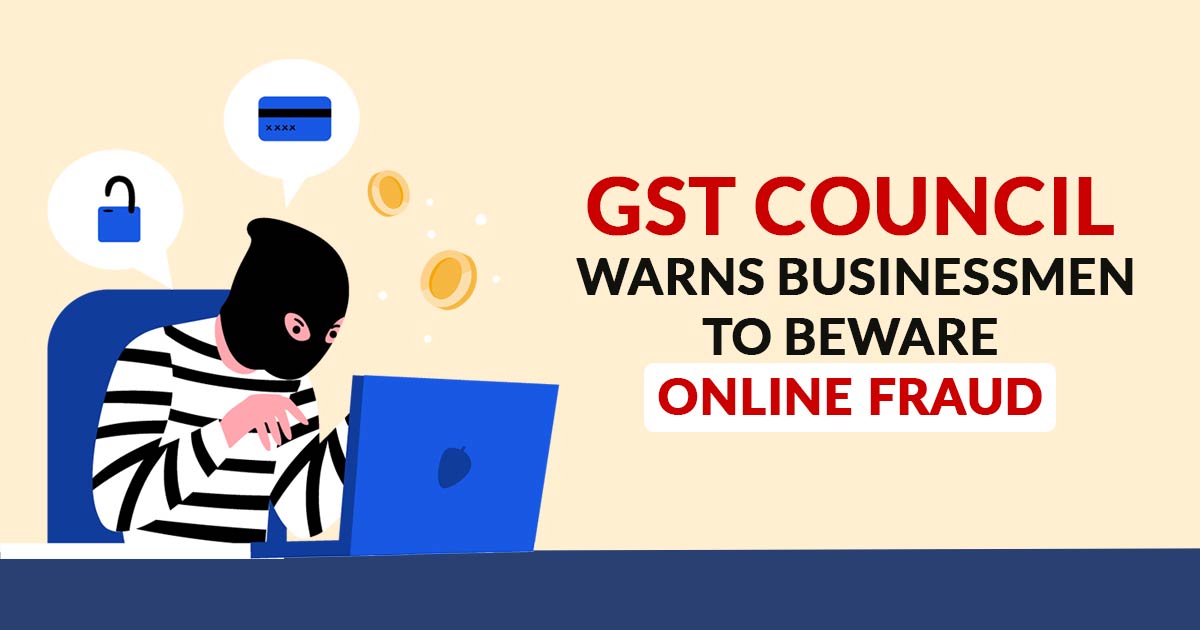
The occurrence of online fraud related to GST payments has witnessed a surge. Cybercriminals are employing tactics like phone calls, SMS, and emails to deceive individuals into downloading GST payment challans.
However, once the person clicks on the provided link, their bank account may be drained of funds completely. In response to these incidents, the GST Council has released a cautionary advisory, urging businessmen to exercise caution and remain vigilant against such fraudsters.
Avoid committing this error, even unintentionally. If you are a business owner, you may have already received or might receive an email from the GST department (which is fake) stating that your GST payment has been debited from your account and instructing you to download the challan by clicking on the provided link.
But it is crucial to be extremely cautious and refrain from making any such mistake. A similar incident was seen in the case of a businessman from Jharkhand, thanks to the astute observation of his chartered accountant, who detected the fraudulent attempt.
How Should You Deal With Such Situations?
To deal with such fraudulent activities, the GST Council, GST Network, and Central Board of Indirect Taxes and Customs consistently release cautionary advisories. In the most recent advisory, it has been clearly stated that the GST Council does not request GST payments via phone calls, messages, or emails.
All individuals are warned against depositing money into any bank account based on such fraudulent calls, messages, or emails. If anyone falls victim to such fraudulent incidents, the GST Council cannot be held responsible. In such cases, it is advised to file a complaint with the police.
Read Also: GST Authority Seeks Banking Transactions to Catch GST Fraud
Mobile Devices Automatically Download a Virus When They Click the Link
In typical cases of bank fraud or cyber fraud, individuals are coerced into sharing their OTP or personal information. However, in this particular scenario, as soon as you click on the provided link, a virus or Trojan is downloaded onto your mobile device or system, facilitating the sharing of your personal and confidential information with the fraudsters.
Subsequently, these fraudsters can easily cause significant financial losses.









